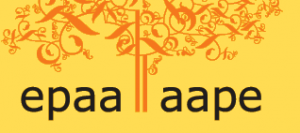 Public-private partnerships, accountability, and competition: theory versus reality in the charter schools of bogotá, colombia
Public-private partnerships, accountability, and competition: theory versus reality in the charter schools of bogotá, colombia
D. Brent Edwards Jr., David DeMatthews, Hilary Hartley
Abstract
While charter schools are among the most prevalent public-private partnerships in the education sector, they are frequently only assessed by measuring outputs such as enrollment and test scores. In contrast, this article assesses the logic model behind charter schools, specifically the mechanisms of accountability and competition, through a study of the Concession Schools in Bogotá, Colombia, using a realist evaluation methodology. Despite the program’s success in increasing access in marginalized areas, findings indicate that accountability and competition were hindered in practice—because of insufficient choice for parents and other unique organizational and political factors. For example, particular issues emerged that influenced the availability of viable charter operators to open and manage schools while political orientations, political shifts, and evaluation design issues affected the charter authorizer’s ability to monitor, assess, and hold charters accountable. Successfully operationalizing public-private partnerships requires that the mechanisms underlying each link in the policy theory are carefully designed and supported, that they directly connect, and that the functioning of one does not adversely impact the others—a difficult task given the dynamic and sensitive nature of such mechanisms and the imperfect world of educational reform. The article concludes by reflecting on a number of issues, including charter school exit from the market, the need for accountability of charter authorizers themselves, the increasing political clout of charter management organizations and their allies, and the ways that these actors circumvent or avoid public accountability.
Keywords
charter schools; Colombia; public-private partnerships; accountability; competition; charter authorizers
Full Text:
PDF
DOI: http://dx.doi.org/10.14507/epaa.25.2556
0 Comments